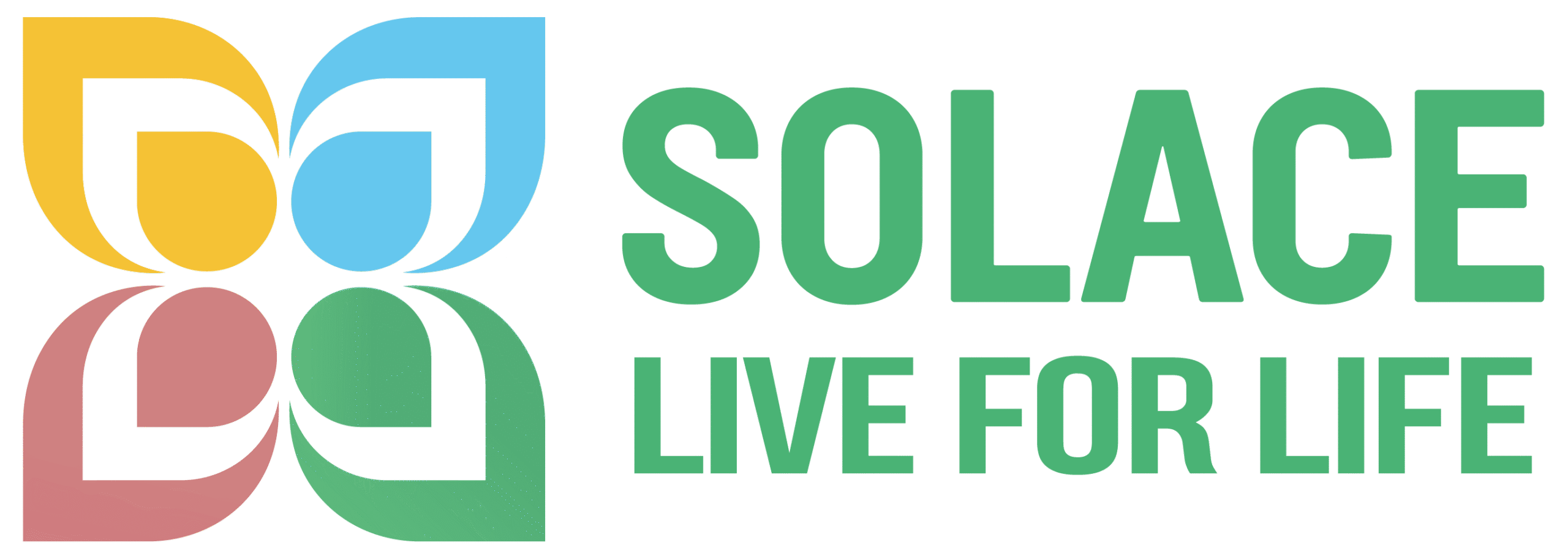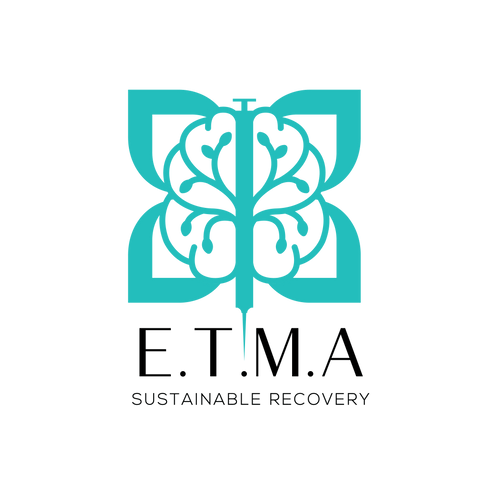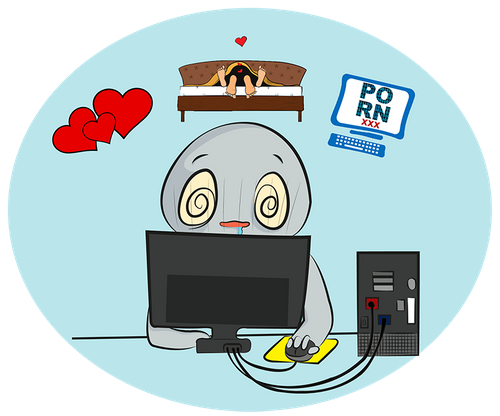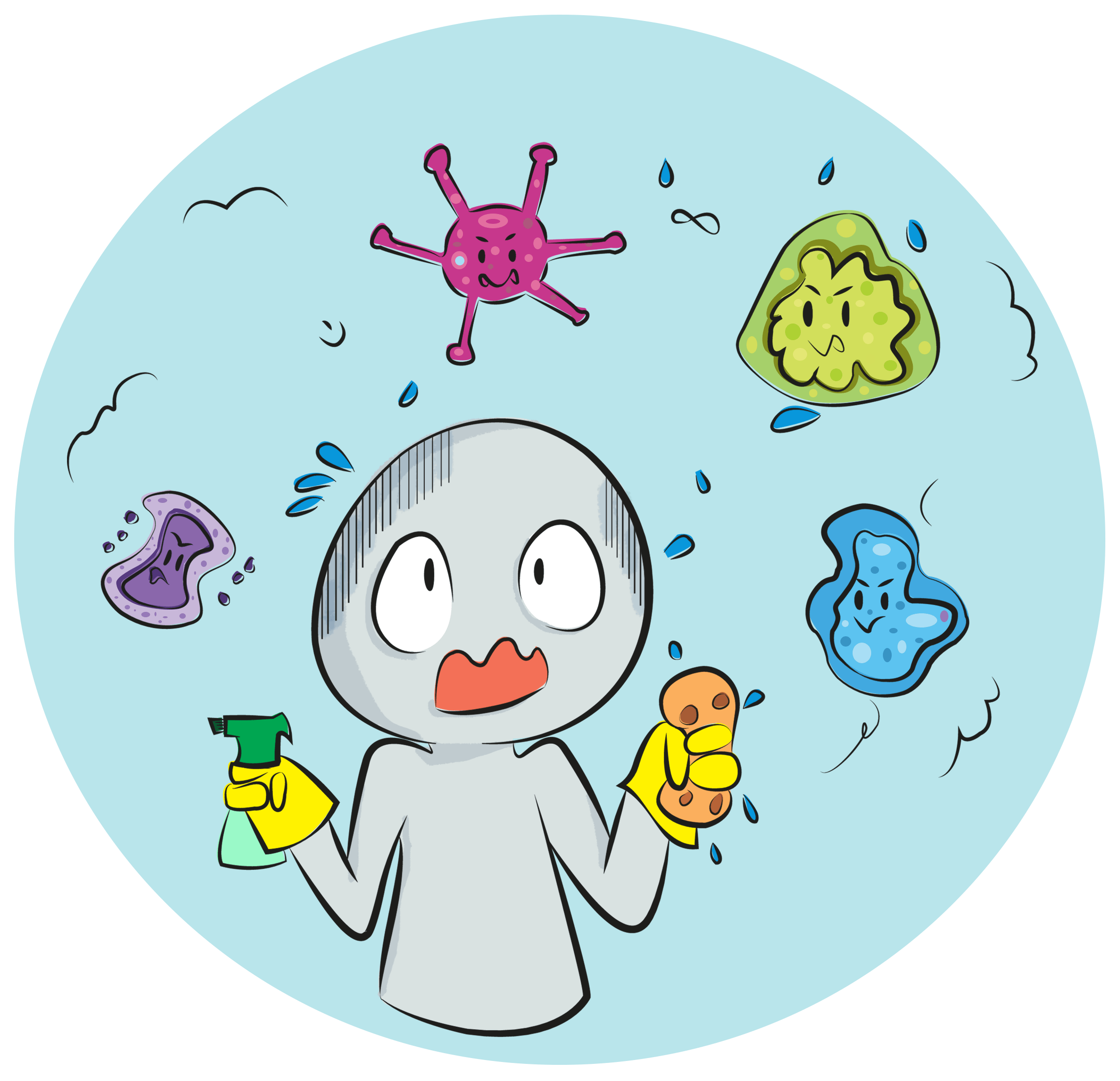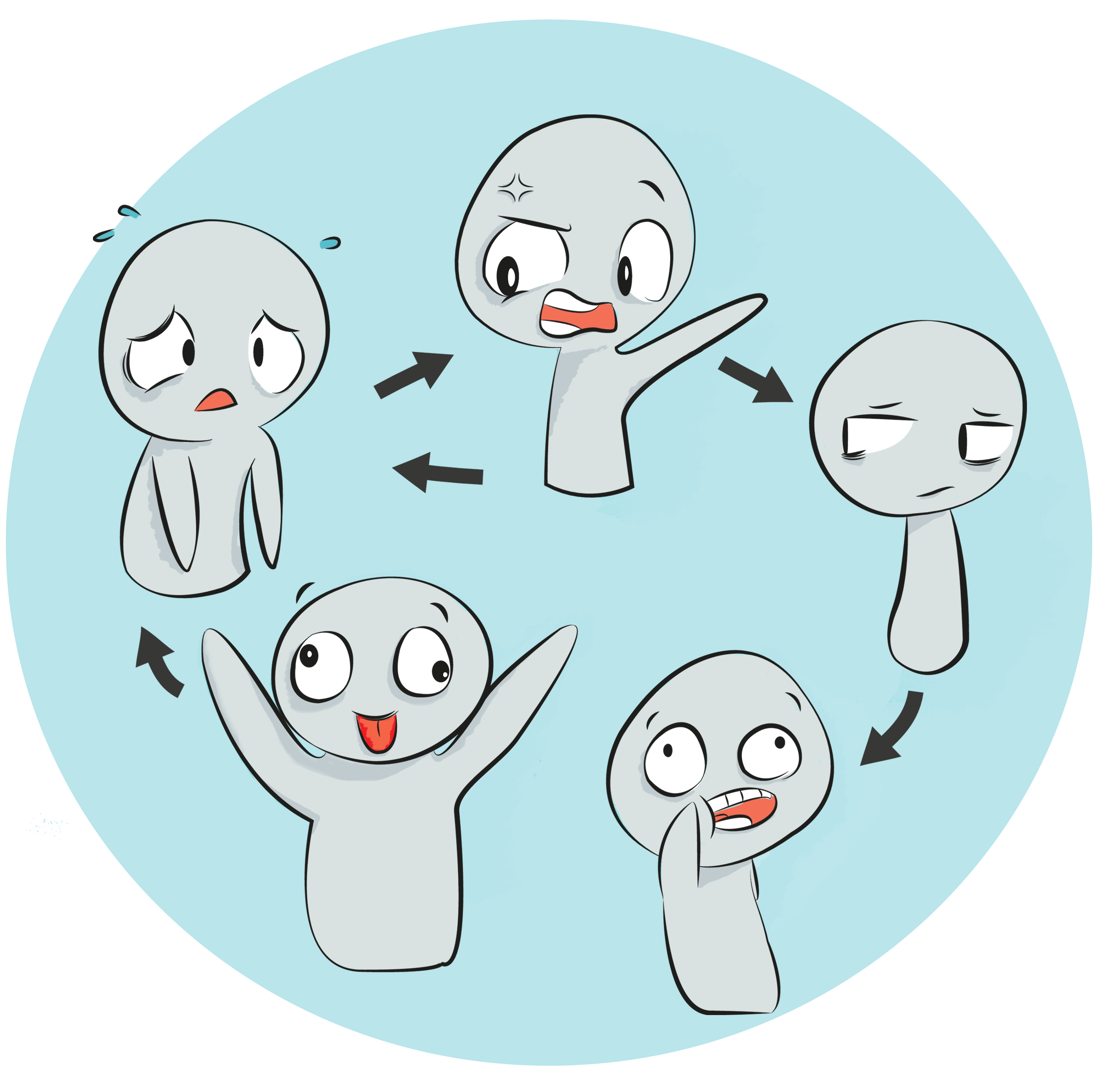Connection between Depression and Addiction
What is depression?
Depression is a formidable mental health condition, characterized by intense negative moods and thought patterns. It transcends the usual bouts of ‘feeling blue’ or sadness that everyone experiences from time to time. Depression can be provoked by significant life events or ongoing personal stress, but it can also surface unexpectedly, without any apparent trigger. This widespread mental health problem affects countless individuals worldwide, making it a critical issue of global health concern.
Symptoms
Depression is not solely expressed as continual sadness. A number of hallmark signs often define it, such as pervasive anhedonia (the inability to experience pleasure), absence of mood upliftment, and chronic feelings of hopelessness. Yet, the manifestation of depression extends beyond these symptoms, encompassing a broader range of indicators:
- A heightened state of irritability: Individuals may become easily agitated or frustrated, exhibiting a low tolerance threshold for trivial matters.
- Withdrawal from social interactions: There may be an evident reluctance or avoidance to engage in social activities, even with close friends and family.
- Profound feelings of sorrow: Overwhelming and seemingly unending sadness often pervades the person’s mood, affecting their outlook on life.
- Disinterest in everyday activities and previously enjoyed hobbies: Once pleasurable pastimes may lose their appeal, with individuals showing little to no interest in continuing them.
- Alterations in appetite: There can be significant changes in eating habits, leading to unintended weight gain or loss.
- Persistent feelings of anxiety: A constant sense of worry or fear about the future often accompanies depression, adding another layer to the emotional turmoil.
- Inclinations towards self-harm: Thoughts of self-injury or suicide may surface, indicating a more severe depressive state.
- Mysterious physical discomforts: Individuals might complain of unexplained aches and pains, like headaches or back pain, which do not respond to regular treatment.
- Sleep disturbances: People with depression may struggle with insomnia or may oversleep, indicating disrupted sleep patterns.
- Difficulty in concentration: The ability to focus, make decisions, or remember details can be significantly impaired.
- Feelings of guilt and worthlessness: Individuals often harbor an exaggerated sense of guilt or feelings of worthlessness, viewing themselves critically.
- Persistent lethargy: There’s a notable decrease in energy, with individuals feeling fatigued or physically drained most days.
- Restlessness or slowed behavior: The person might exhibit signs of restlessness, agitation or, conversely, be notably slower in their movements and speech.
By understanding and identifying these signs, it becomes possible to recognize the presence of depression and seek professional help, which is crucial for effective management and recovery.
Why do depressed people turn towards alcohol/drugs and why is the combination so dangerous?
Depression is an emotionally taxing mental health disorder, and individuals battling with this condition often resort to alcohol and drugs as a form of self-medication, aiming to numb the torment of their emotional distress. Both alcohol and drugs stimulate the production of dopamine – a ‘feel-good’ neurotransmitter – in the mid-brain. This rush of dopamine has a soothing effect, providing temporary relief from the mental anguish, thereby making substance use a tantalizing escape.
Alcohol acts as a depressant on the brain’s neural activity. This slowdown disrupts the chemical balance within our brain, resulting in changes to our thoughts, feelings, and actions. The sedative effect of alcohol is why many individuals experience a sense of calm and relaxation upon consumption. This sensation can be particularly appealing for those grappling with the constant, intense negativity of depression.
Conversely, certain drugs, especially stimulants such as cocaine, amphetamines, or methamphetamines infuse users with a surge of energy and euphoria. For individuals suffering from the lethargy and anhedonia often associated with depression, these stimulants can provide a temporary, but powerful, counterbalance.
For many, moderate alcohol consumption can dampen anxiety and bolster confidence, since alcohol acts on the brain areas associated with inhibition and self-restraint. This dampening effect can make social interactions feel less daunting, reinforcing the use of alcohol as a social lubricant.
However, with continued use, the brain develops a tolerance to these substances, meaning higher and more frequent doses are required to achieve the same effects. Over time, this can lead to alcohol dependence and addiction. What initially was a source of relief can turn into a cycle of withdrawal and craving, perpetuating the very emotional pain individuals sought to avoid.
Moreover, chronic and heavy use of these substances can have severe psychological and physical repercussions. These may include a deepening of depressive symptoms, hallucinations, delusional thinking, tremors, and psychosis. The risk of self-harm and suicide also increases, especially when the individual is under the influence of these substances, with impaired judgment and heightened impulsivity. In the long term, persistent substance abuse can lead to liver disease, cardiovascular issues, and other life-threatening health conditions.
In essence, although alcohol and drugs might seem like a short-term solution to the emotional torment of depression, their long-term use can exacerbate the condition, lead to addiction, and pose severe health risks, making this combination especially perilous.
Can treatment cure depression and addiction?
Depression and addiction, while individually complex conditions, often co-occur in what is known as a Dual Diagnosis. Effectively managing these intertwined conditions is indeed possible, though it necessitates comprehensive and integrated treatment strategies.
The first step in tackling Dual Diagnosis typically involves addressing the addiction. This is usually achieved by adopting a program of abstinence. The logic behind this approach is that the depression symptoms are often overshadowed by, or entwined with, the addiction. Consequently, it’s only after the individual has started to recover from the substance use disorder that the true depth and nature of the depression can be revealed and appropriately addressed.
The journey towards recovery continues with challenging the belief system that perpetuates the cycle of depression and addiction. This process necessitates reshaping the individual’s thoughts and perceptions, their understanding of their experiences, and their reactions to life’s challenges.
Talk therapies play a pivotal role in this cognitive restructuring. Cognitive Behavioral Therapy (CBT) is one such approach. It works on the premise that our thoughts, feelings, and behaviors are interconnected. By identifying and reshaping negative or unhelpful thought patterns, CBT can help individuals develop healthier behaviors and emotional responses. This is especially beneficial in managing depressive symptoms and countering the cognitive aspects of addiction, such as cravings and addiction-related thought patterns.
Another powerful therapy is Dialectical Behavior Therapy (DBT). Originally developed for managing borderline personality disorder (BPD), DBT has proven effective in treating a variety of mental health issues, including depression and addiction. It emphasizes mindfulness, emotional regulation, distress tolerance, and interpersonal effectiveness. These skills can help individuals handle their emotional turmoil, resist the urge to resort to substance use, and cultivate healthier relationships and coping mechanisms.
Importantly, while these treatment approaches can effectively manage depression and addiction, the notion of a ‘cure’ is more complex. Both conditions are chronic in nature, and while they can be effectively managed to the point of remission, ongoing maintenance and support are usually necessary to prevent relapse and maintain overall well-being. In essence, treatment can lead to profound and lasting improvement in quality of life, even if the concept of a ‘cure’ is nuanced.
Reaching out for help
If you or someone you know is battling with depression, addiction, or both, we strongly advise you to seek help from a healthcare professional who can provide you with personalized advice and treatment options tailored to your specific circumstances.
If you need assistance or would like to arrange a consultation, please feel free to contact us at Solace Asia. We’re reachable through our contact page or you can give us a call at 03 3310 0145. We’re here to support you on your journey towards recovery.
